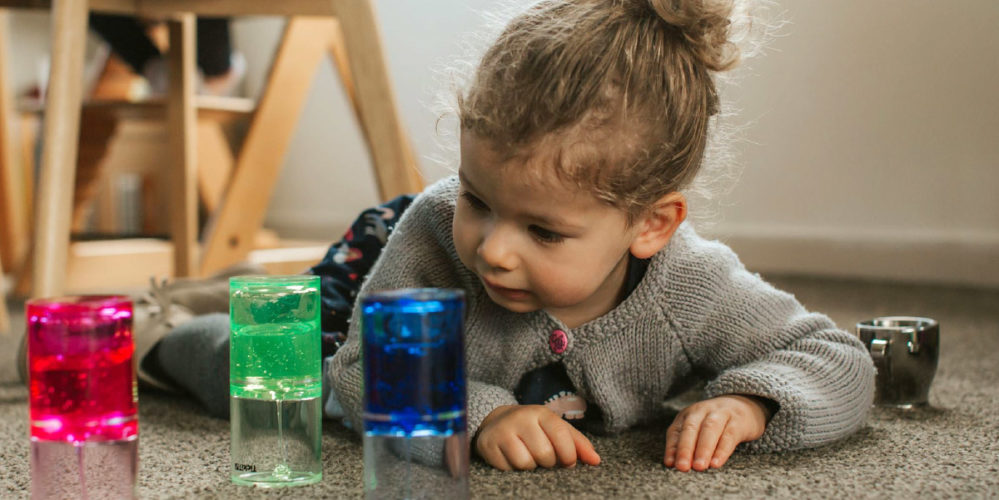Infant Brain Development

The first three years of life is crucial for infant brain development. This is when the human brain does most of it’s hard wiring making millions of connections. These connections are formed in direct response to the child’s/tamaiti environment.
Nature, Nurture and Early Brain Development
For some time, we have known that development results from the dynamic interplay of nature and nurture. Through the use of sophisticated technology, scientists have discovered how early brain development and caregiver-child relationships interact to create a foundation for future growing and learning.
Infants and toddlers learn about themselves and their world during interactions with others. Brain connections that lead to later success grow out of nurturant, supportive and predictable care. This type of caregiving fosters child curiosity, creativity and self-confidence. It is vital for healthy infant brain development. Young children need safety, love, conversation and a stimulating environment to develop and keep important synapses in the brain. Caring for infants and toddlers is mostly about providing a nurturing environment to build relationships and make the most of everyday routines and experiences so that the children feel secure and are able to explore and try new things confidently.
Learning with all five senses
During the first 3 years of life, children experience the world in a more complete way than children of any other age. The brain takes in the external world through its system of sight, hearing, smell, touch and taste. Here at Nurture@Home we believe in providing each child with a nurturing environment so they feel loved, secure and confident to explore and experience the world around them; establishing and reinforcing those important connections crucial to brain development.
For more informaiton visit the Brainwave Trust Website at: www.brainwave.org.nz/